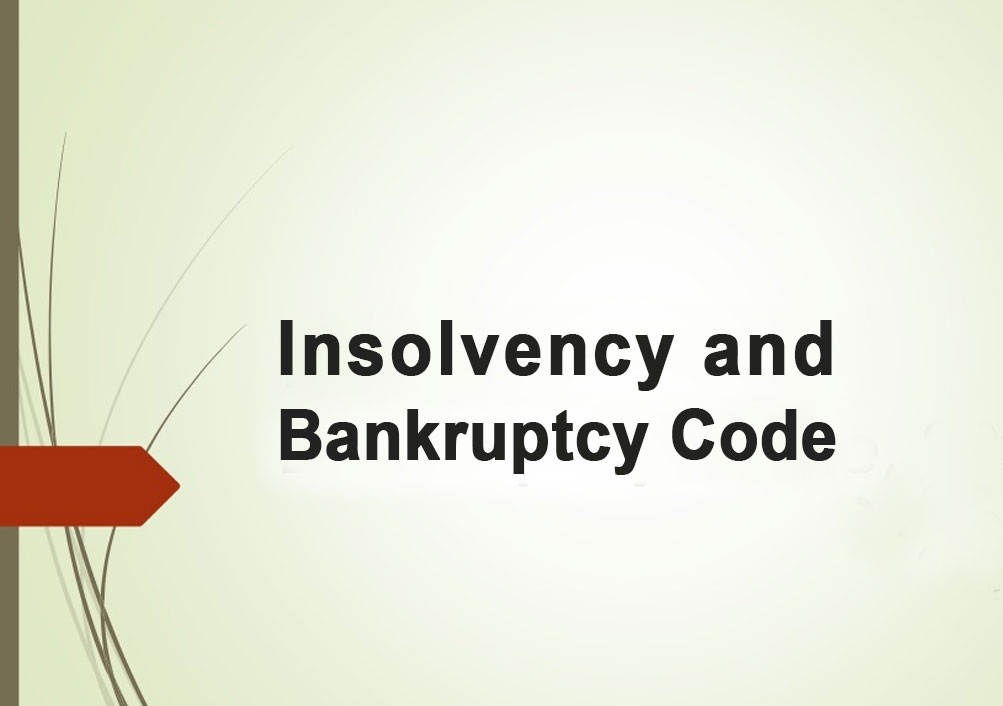In CIVIL APPEAL NOS.18111812 Of 2022 -SC- If CoC approves withdrawal of CIRP by 90% voting share, then NCLAT or NCLT cannot sit in appeal over commercial wisdom of CoC: Supreme Court Justices B.R. Gavai & Hima Kohli [03-06-2022]

Read Order: VALLAL RCK Vs. M/S SIVA INDUSTRIES AND HOLDINGS LIMITED AND OTHERS
Mansimran Kaur
New Delhi, June 4, 2022: Allowing the application filed by the Resolution Professional before the NCLT for withdrawal of CIRP, the Supreme Court has opined that in case where 90% and more of the creditors find that it will be in the interest of all the stake-holders to permit settlement and withdraw CIRP, then intervention in the findings of the Committee of Creditors(CoC) is warranted in circumstances only when the NCLT or the NCLAT finds such decision of CoC to be wholly capricious, arbitrary , irrational and de hors the provisions of the statute or the Rules
Observing that Section 12 A of the IBC is a stringent provision which requires the voting share of 90% of CoC on the settlement plan in order to withdraw the CIRP proceedings, the Division Bench of Justice B.R. Gavai and Justice Hima Kohli said, “When 90% and more of the creditors, in their wisdom after due deliberations, find that it will be in the interest of all the stake-holders to permit settlement and withdraw CIRP, in our view, the adjudicating authority or the appellate authority cannot sit in an appeal over the commercial wisdom of CoC.”
The present appeals assailed the common judgment passed by the National Company National Law Appellate Tribunal, Chennai in pursuance of a company appeal wherein the appeals files by the appellant assailing the two orders passed by the National Company Tribunal, rejecting the application instituted by the Resolution Professional under Section 12A of the Insolvency Bankruptcy Code , 2016 r/w Regulation 30 A of the Insolvency and Bankruptcy Board of India Regulations, 2016, for withdrawal of the application filed under Section 7 of the IBC in relation to the Settlement Plan submitted by the appellant. The appellant also assailed the order passed by the NCLAT through which the appeal filed by the present appellant against the order passed by the NCLT directing commencement of liquidation proceedings in respect of M/s Siva Industries and Holdings Limited- the first respondent was dismissed.
Facts relevant for adjudication of the present appeal were that IDBI Bank instituted an application under Section 7 of the IBC for initiation of Corporate Insolvency Resolution Process in respect of the Corporate Debtor. The said application was accepted by the NCLT and CIRP was initiated. Thereafter, the RP filed an application under Section 33 (1) (a) of the IBC seeking commencement of the liquidation process of the Corporate Debtor. Subsequently, the appellant, who is the promoter of the Corporate Debtor, filed a settlement application before the NCLT under Section 60 (5) of the IBC, showing his willingness to offer a one time settlement plan. In view of the same, the appellant submitted the Settlement Plan which was approved by more than 90 % voting share. Accordingly, the RP filed an application before NCLT seeking withdrawal of CIRP initiated against the Corporate Debtor.
However, the NCLT held that the Settlement Plan was not a settlement simpliciter under Section 12 A of the IBC but indeed a “ Business Restructuring Plan” and thus, the above stated application was rejected and thereafter liquidation proceedings against the Corporate Debtor were initiated. Aggrieved by the same, the appellant approached the NCLAT in the form of appeals, however they were dismissed. Hence, the appellant preferred the present appeals.
While considering the issue whether the adjudicating authority or the appellate authority can sit in an appeal over the commercial wisdom of the CoC, the Court referred to Section 12 A and observed that the voting share should be of 90% of CoC for approval of withdrawal of CIRP. Thus, a stringent approach was being followed as far as withdrawal of CIRP was concerned, the Court noted. Additionally, the Bench added that given the large share of voting to CoC, if it acts arbitrarily and rejects the settlement, then the same can be set aside by the NCLT and NCLAT.
On the facts of the case, the Bench opined that the proceedings of the 13th, 14th and 15th meetings of CoC clearly indicated that there were wide deliberations amongst the members of the CoC while considering the Settlement Plan as submitted by the appellant and suggestions were made by some of the members of the CoC as well as suitable amendments were carried out in the Settlement Plan by the appellant, the Court noted. It was further observed by the Court that one of the members of the CoC having a voting share of 23.60%, though initially opposed the Settlement Plant but subsequently decided to support the same. Accordingly, as per the directions of the NCLT the 17th meeting of the CoC was reconvened, wherein the Settlement Plan was approved by 94.23% votes.
Analyzing the facts of the case closely, the Court concluded that the decision of the CoC was taken after the members of the CoC had extensive discussion on the pros and cons of the Settlement Plan in question and applied their commercial acumen while taking the final decision. Thus, by observing the same, the Court was of the considerate view that the NCLAT and NCLT failed to pay heed to the commercial wisdom of the CoC. Reliance was also placed on the judgment of the Top Court in Arun Kumar Jagatramka v. Jindal Steel and Power Limited and Another. In light of the aforesaid observations, the Court allowed the present appeals and the impugned judgments were quashed and set aside.
Sign up for our weekly newsletter to stay up to date on our product, events featured blog, special offer and all of the exciting things that take place here at Legitquest.




Add a Comment